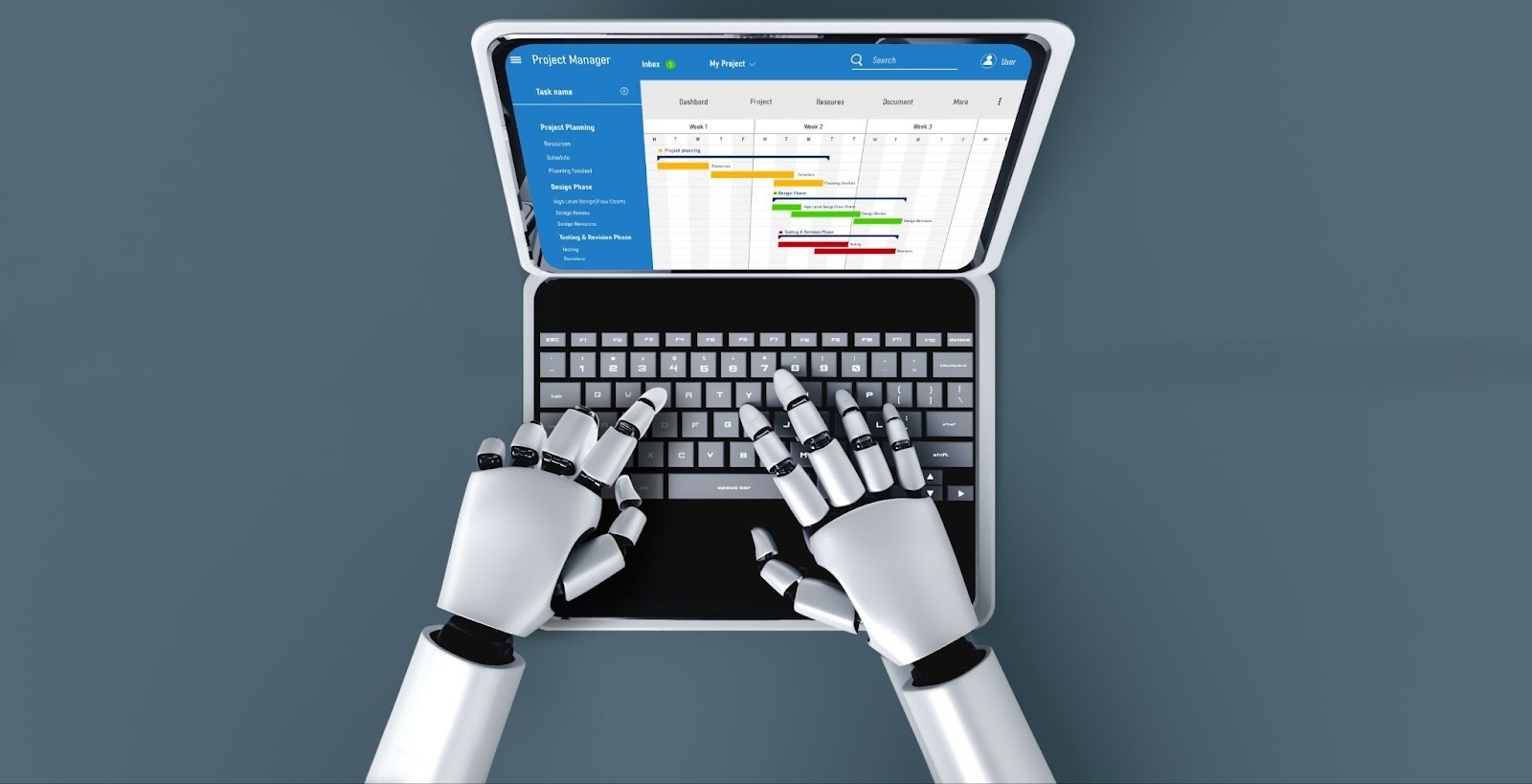
AI is no longer a luxury reserved for large corporations. Small businesses are now tapping into their potential to streamline operations, improve customer experiences, and make smarter decisions. With technology evolving rapidly, adopting AI is becoming increasingly accessible and affordable, even for businesses working with tight budgets.
From automating repetitive tasks to analyzing customer behavior, AI empowers small companies to operate more efficiently. The good news is that AI for small businesses is no longer cost-prohibitive. By exploring affordable AI solutions for small business owners, even the smallest operation can leverage cutting-edge tools without sacrificing quality or cash flow.
Why Should Small Businesses Consider AI Integration?
AI gives small businesses the ability to streamline operations, cut unnecessary costs, and boost productivity. Features such as automated data analysis, chatbots for customer support, and predictive analytics help companies respond faster to market demands and make more informed decisions. This efficiency allows them to compete more effectively with larger players.
AI integration for small companies also makes it possible to deliver highly personalized customer experiences. By analyzing buying patterns and preferences, businesses can tailor marketing campaigns, improve product recommendations, and strengthen customer loyalty. These benefits drive sales and position the business for sustainable growth.
What Affordable AI Solutions Are Available for Small Businesses?

Small businesses have more low-cost AI software options than ever before, allowing them to adopt technology that supports growth and scalability.
AI-Powered CRM Tools
An AI-powered CRM like Leapify helps small businesses track customer interactions, predict buying patterns, and recommend targeted actions. These tools reduce manual work and improve lead conversion rates.
Automated Marketing Platforms
From email automation to social media scheduling, automated marketing tools use AI to ensure messages reach the right audience at the right time. They help save hours each week while boosting engagement.
AI-Based Analytics Software
Low-cost AI software for analytics enables small companies to track website performance, monitor sales data, and uncover actionable insights that inform decision-making.
Chatbots and Virtual Assistants
Affordable chatbot platforms handle customer inquiries, process orders, and provide 24/7 support, freeing up employees for more complex tasks.
AI-Powered Inventory Management
AI inventory tools help small businesses forecast demand, manage stock levels, and reduce waste. This ensures products are available when customers need them, while minimizing storage costs.
How Can AI Be Integrated Into an Existing CRM?
Integrating AI into an existing CRM can significantly enhance its performance without the need for a complete system replacement. Small businesses can begin by adding AI-driven analytics, predictive lead scoring, and automation tools to their current platform. These upgrades help generate deeper insights from existing customer data, enabling better decision-making and more efficient workflows.
AI-powered CRM tools can also improve segmentation, personalize communication, and streamline follow-up strategies. By using data that is already stored in the CRM, businesses can forecast sales more accurately and identify high-value opportunities faster. This approach maximizes the value of existing technology and delivers measurable results with minimal disruption.
What Are the Key Steps to Implement AI on a Budget?

Small businesses can successfully embrace AI without overspending by following a clear, cost-effective strategy.
Identify Pain Points
Pinpoint processes that drain the most time or resources, such as manual reporting, repetitive customer service tasks, or inefficient scheduling. Targeting these areas first ensures AI delivers quick, noticeable improvements that justify its cost.
Research Low-Cost AI Software
Explore tools that meet your specific needs without adding unnecessary features. Many affordable AI solutions for small business owners offer tiered pricing and easy integrations, making them budget-friendly while still powerful.
Start Small and Scale
Implementing AI on a budget works best when starting with one or two tools. Once the benefits are clear, you can expand to more advanced systems. This phased approach helps reduce risk while ensuring a smoother adoption process.
Leverage Free Trials and Demos
Use free trials to test AI tools with your actual workflows and data. This helps you determine if the software performs well and fits your needs before making any financial commitment.
Train Your Team Early
Equip your team with the knowledge to use AI tools effectively from the start. Training improves adoption rates, boosts confidence, and ensures your investment generates the intended results.
Use Cloud-Based AI Platforms
Cloud-based AI reduces upfront costs and eliminates the need for expensive hardware. It also provides flexibility to upgrade or downgrade features as your business evolves.
Monitor and Adjust Regularly
Set measurable goals and track performance to see if your AI investment is paying off. Regular reviews help you fine-tune usage and maintain maximum efficiency.
What Common Mistakes Should Small Businesses Avoid?
Rushing into AI adoption without proper planning can lead to wasted resources and frustration.
Skipping Staff Training
Even the best AI tools are ineffective if employees don’t know how to use them. Providing training early on helps staff understand the system’s features and boosts adoption rates. Well-trained teams are more likely to maximize the tool’s potential.
Overcomplicating the Setup
Implementing too many AI tools at once can overwhelm your team and disrupt workflows. Start with one or two solutions that address your most pressing needs. Gradual adoption makes it easier to monitor results and adjust accordingly.
Ignoring Data Quality
AI depends on accurate, well-organized data to produce reliable insights. Poor-quality or incomplete data can lead to ineffective automation and bad decision-making. Regularly audit and clean your data to maintain accuracy.
Failing to Define Clear Goals
Without measurable objectives, it’s difficult to determine if AI is delivering value. Set clear goals, such as reducing response times or increasing sales conversions. This ensures you can track progress and justify the investment.
Neglecting Ongoing Monitoring
AI performance can change over time as business needs evolve. Regular monitoring ensures your tools remain aligned with your objectives. Making small adjustments can help sustain long-term benefits.
How Can Small Businesses Measure the ROI of AI Investments?
Measuring AI ROI starts with tracking key metrics such as time saved, cost reductions, improved lead conversion rates, and higher customer satisfaction scores. Comparing these outcomes with the initial and ongoing costs of the AI tool provides a clear sense of its value. This helps small businesses see exactly where AI is delivering returns and where adjustments might be needed.
It’s equally important to review these results on a regular basis. Continuous monitoring ensures the AI remains aligned with business objectives and adapts as needs change. Over time, these insights can guide decisions about expanding AI into other areas, ensuring the investment continues to generate long-term benefits.
Making AI Work for Your Business

AI for small businesses is now more accessible than ever, offering cost-effective solutions to boost productivity and profitability. By identifying pain points, researching low-cost AI software, and avoiding common pitfalls, small companies can implement AI on a budget without sacrificing quality. With clear goals and regular ROI evaluations, AI can become a vital driver of growth.
For small businesses ready to enhance their customer management capabilities, Leapify offers an advanced AI-powered CRM designed to streamline sales, enhance customer engagement, and deliver actionable insights. Our affordable AI solutions make it easy for even the smallest companies to benefit from intelligent automation and data-driven strategies. Contact us today!



